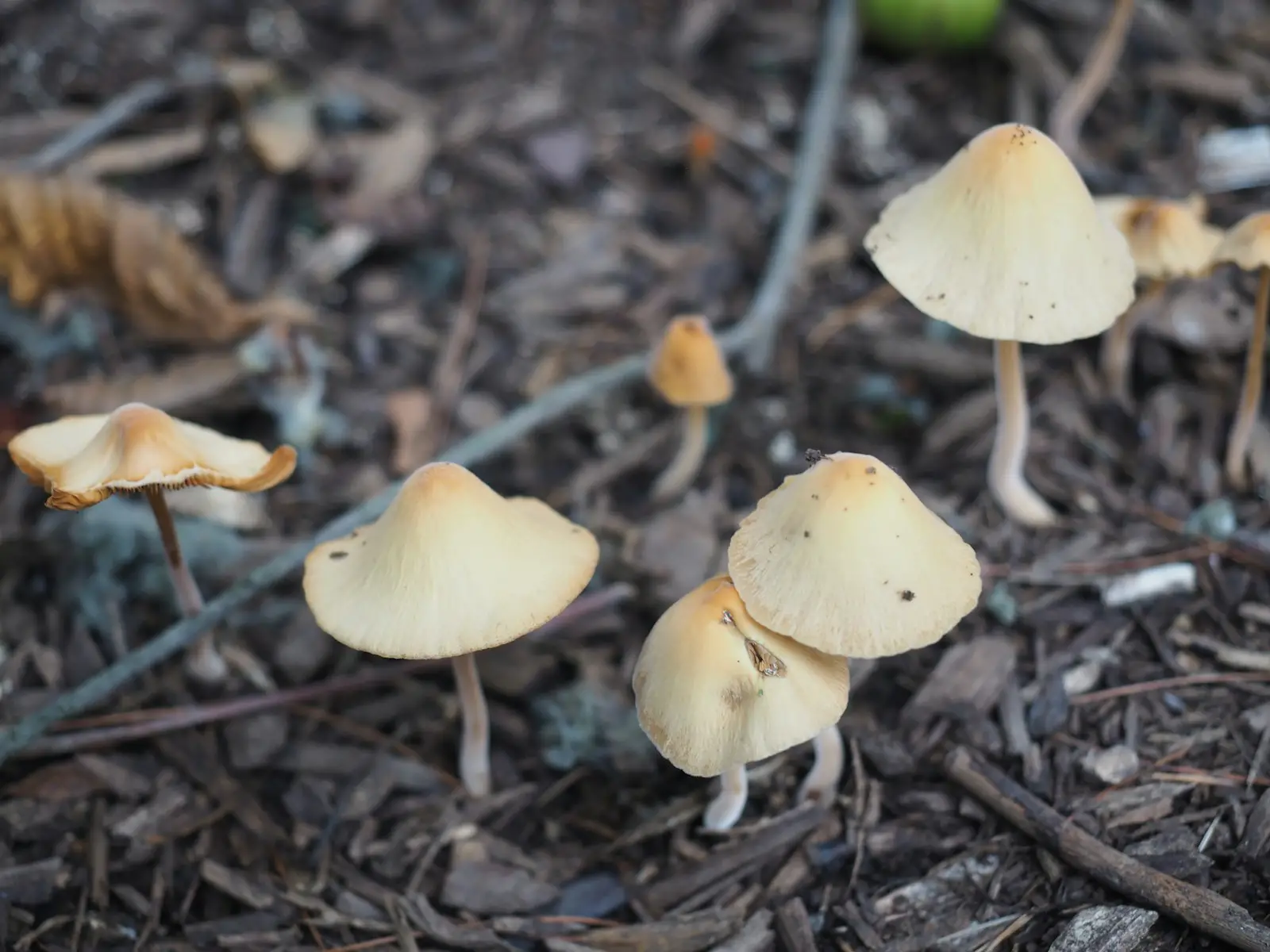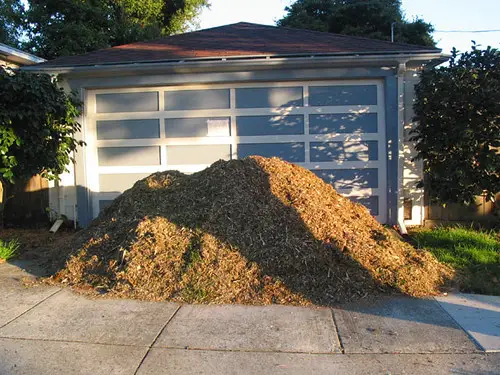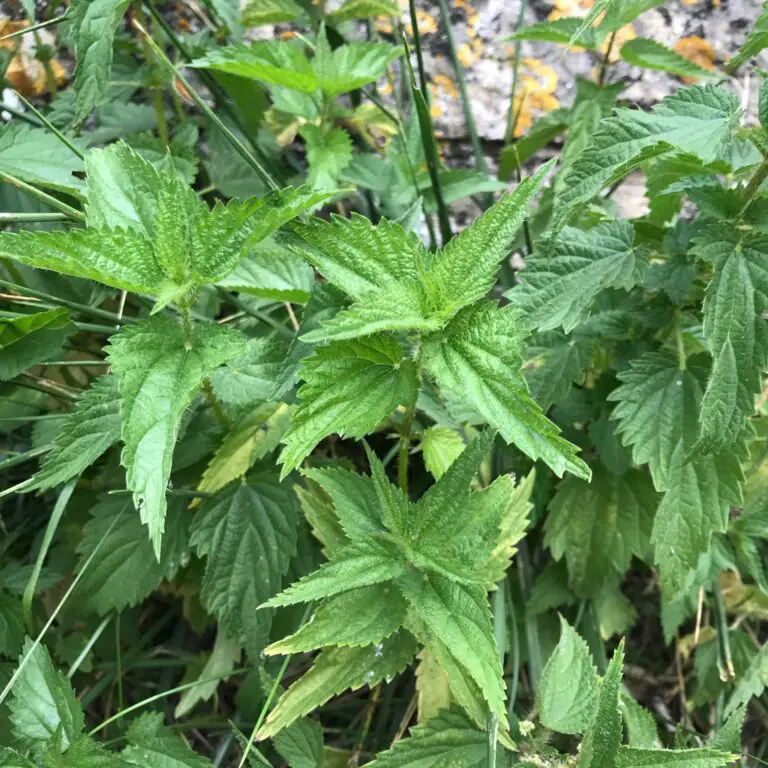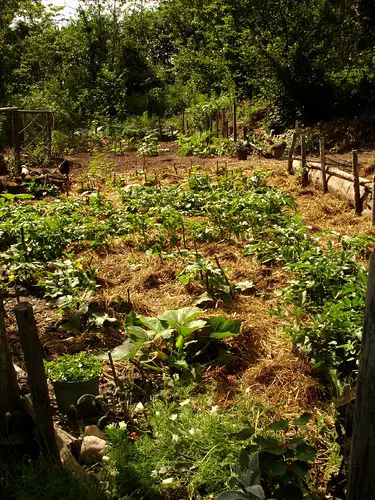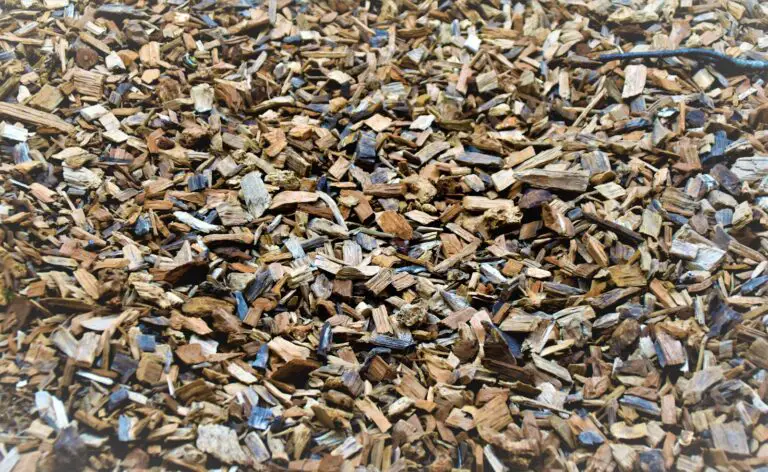The Green Gardener’s Guide: The Multifaceted Benefits of Organic Mulch
Whether you’re an aspiring horticulturist or a seasoned green thumb, the term ‘mulch’ conjures up images of protective layers spread across soil, adding a touch of tidiness to an already beautiful garden bed. But mulch is far more than just a visual element. It’s a silent champion, working beneath the surface to ensure that your plants have the best chance to thrive. In the garden industry, the debate between organic and inorganic mulch is lively, and it’s crucial to understand the distinct benefits organic mulch offers over its inorganic counterpart. This blog post is a deep-dive into why organic mulch is the gold standard for sustainable gardening.
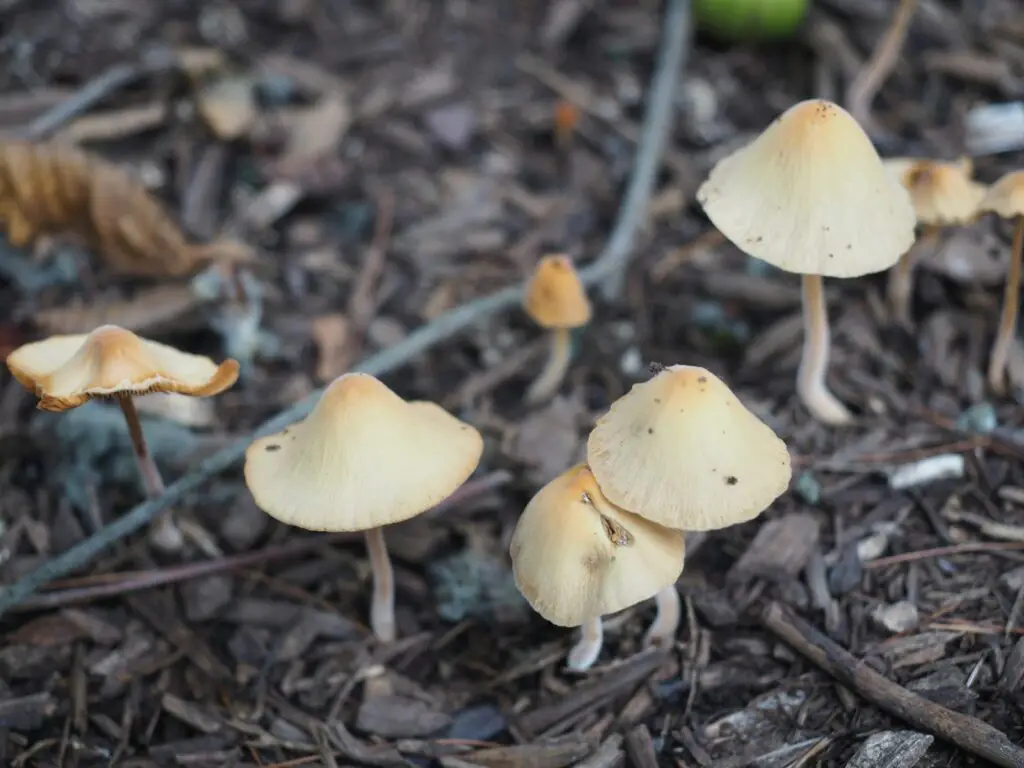
The Allure of Organic Mulch
Organic mulches are plant-based materials that offer an array of benefits over synthetic or inorganic mulches, making them a preferred choice for gardeners aiming for sustainable solutions.
Nutrient Enrichment
The gradual breakdown of organic mulches, such as straw, leaves, and wood chips, not only feeds the soil but also enhances its microbial life. A well-fed soil microbiome is crucial for the health of your garden, providing a synergistically productive environment where plants can uptake nutrients efficiently.
Soil Moisture Retention
One of the most appreciated benefits of organic mulch is its ability to retain moisture in the soil, especially during hot, dry periods when water is scarce. In contrast, inorganic mulches can create a barrier that prevents water from seeping into the soil, causing moisture imbalances.
Weed Suppression
Organic mulches effectively prevent the germination and growth of most weeds by depriving them of light and by creating physical barriers. The natural decomposition of organic mulch materials continuously strengthens this weed-fighting barrier.
Soil Structure Improvement
Over time, organic mulches contribute to the development of a healthier, crumblier soil structure. They enhance aeration, encourage water infiltration, and reduce the compaction of the soil. This results in a better environment for root development and overall plant health.
The Environmental Edge of Organic over Inorganic Mulch
Comparing organic mulch to inorganic mulch is not just about the garden; it’s also about the greater environment.
Environmental Impact
Organic mulches are biodegradable and environmentally friendly, while inorganic mulches can pose significant disposal issues and contribute to landfills. Inorganic mulches can also contain harmful chemicals or dyes, which have the potential to leach into the soil and water systems.
Nutrient Leaching
Inorganic mulch does not contribute to soil health in the same way that organic mulch does. In fact, some synthetic mulches can prevent nutrients from reaching the soil, causing them to run off or leach away, eventually ending up in waterways.
Cost-Effectiveness
Initially, the cost of organic mulch may seem higher due to the need for more frequent application. However, the long-term benefits and reduction in other gardening costs can outweigh the initial investment.
Long-Term Soil Health
The composting action of organic mulch continually enriches the soil, making it a living, breathing entity that can support robust plant growth. In contrast, inorganic mulch does not enhance soil health or foster a sustainable ecosystem.
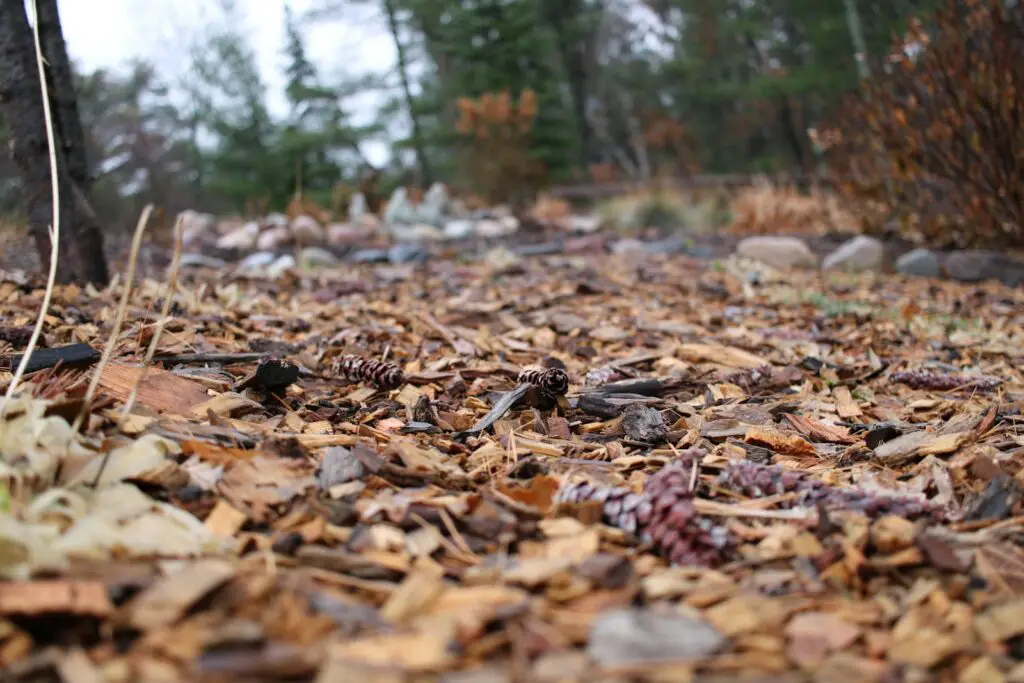
Adopting the Best Practices for Organic Mulch Application
Applying organic mulch is more of an art than a science, with several factors to consider for optimal benefit.
Proper Application Techniques
The application depth of organic mulch is critical. It should form a layer that is thick enough to provide the necessary coverage but not so thick that it prevents air from reaching the soil or encourages pest problems. A 2 to 4-inch layer is usually sufficient depending on the mulch material.
Selection of Suitable Organic Materials
Different garden situations call for different types of organic mulches. Some of the best organic mulches include compost, pine needles, straw, and wood chips. When choosing, consider how quickly the mulch will decompose, its nutrient content, and its visual appeal.
Maintenance Tips
Organic mulches require maintenance to ensure they continue to provide their benefits. Regular raking to prevent matting, supplementing with fresh mulch as needed, and monitoring for weed penetration are essential tasks.
The Organic Conclusion
Organic mulches are not only aesthetically pleasing; they are powerhouses of nutrition, moisture management, and sustainable garden health. By understanding and harnessing the benefits of organic mulches, gardeners can contribute to a greener, healthier planet, one garden at a time.

